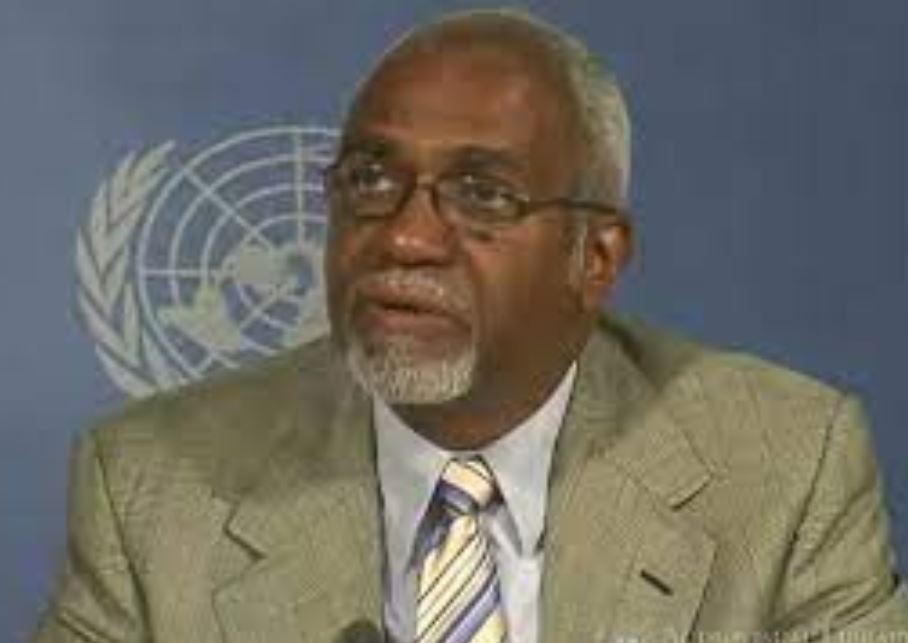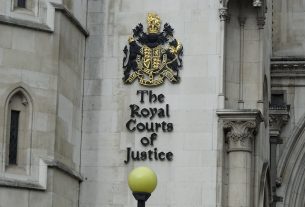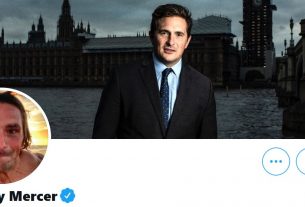The UK owes £20 trillion in reparations for its involvement in the slave trade, a United Nations judge has said.
“Once a state has committed a wrongful act, it’s obliged to pay reparations,” judge Patrick Robinson told the BBC before his keynote speech at Unesco’s Day for Remembering the Transatlantic Slave Trade and Abolition at London’s City Hall today (August 23).
Robinson – a member of the International Court of Justice (ICJ) since 2015 – said the UK’s reparation debt is an “underestimation” of the damage caused by the slave trade and that he is amazed countries responsible for it think they can “bury their heads in the sand”.
Robinson presided over the trial of former Yugoslav president Slobodan Milosevic and has been researching reparations as part of his honorary presidency of the American Society of International Law.
He co-authored the Brattle Group Report on Reparations for Transatlantic Chattel Slavery which says that between £79tn and £102tn is owed to the descendants of slaves living in former colonies by 31 former slaveholding states..
Brattle Group say the UK owes between £15tn and £20tn for its involvement in the slave trade in 14 countries. The amount is similar to that owed by Spain and Portugal while the US owes £23-£29tn.
“To put this into just a little context as to why these numbers are so large, overall the essence of our analysis is to account for the amount of stolen labour – the time of people who were enslaved – and loss of life due to shortened lifespans and deaths during the Middle Passage [from Africa to the Americas],” explained lead author of the report Coleman Bazelon.
“And overall, for all of transatlantic chattel slavery, we estimate 800 million years of harm that needs to be compensated, about 140 million years of harm for the British colonies.”
Bazelon admits “it is a lot money” but says it “took four centuries of activity to accumulate harms of that level” which “obviously” are not going to be “repaired overnight”.
Putting the numbers into context, Bazelon told LBC the amount owed is “about equivalent” to one year’s worth of global GDP.
He said reparations would help rebuild societies rather than going to individuals.
The Brattle Group’s website states it “answers complex economic, finance, and regulatory questions for corporations, law firms, and governments around the world. We are distinguished by the clarity of our insights and the credibility of our experts, which include leading international academics and industry specialists. Brattle has 500 talented professionals across four continents.”
Their report on reparations for transatlantic chattel slavery is backed by the American Society of International Law and the University of the West Indies.
The UK transported 3.1 million slaves from Africa to the New World between 1640 and 1807 . Slavery was eventually abolished in the British Empire in 1833.
Speaking at the Unesco event at City Hall, London mayor Sadiq Khan said the transatlantic slave trade “remains the most degrading and prolonged act of human exploitation ever committed”.
Khan continued: “There should be no doubt or denial of the scale of Britain’s involvement in this depraved experiment.”
The UK government has never apologised for its role in the slave trade and prime minister Rishi Sunak has repeatedly ruled out paying reparations.




